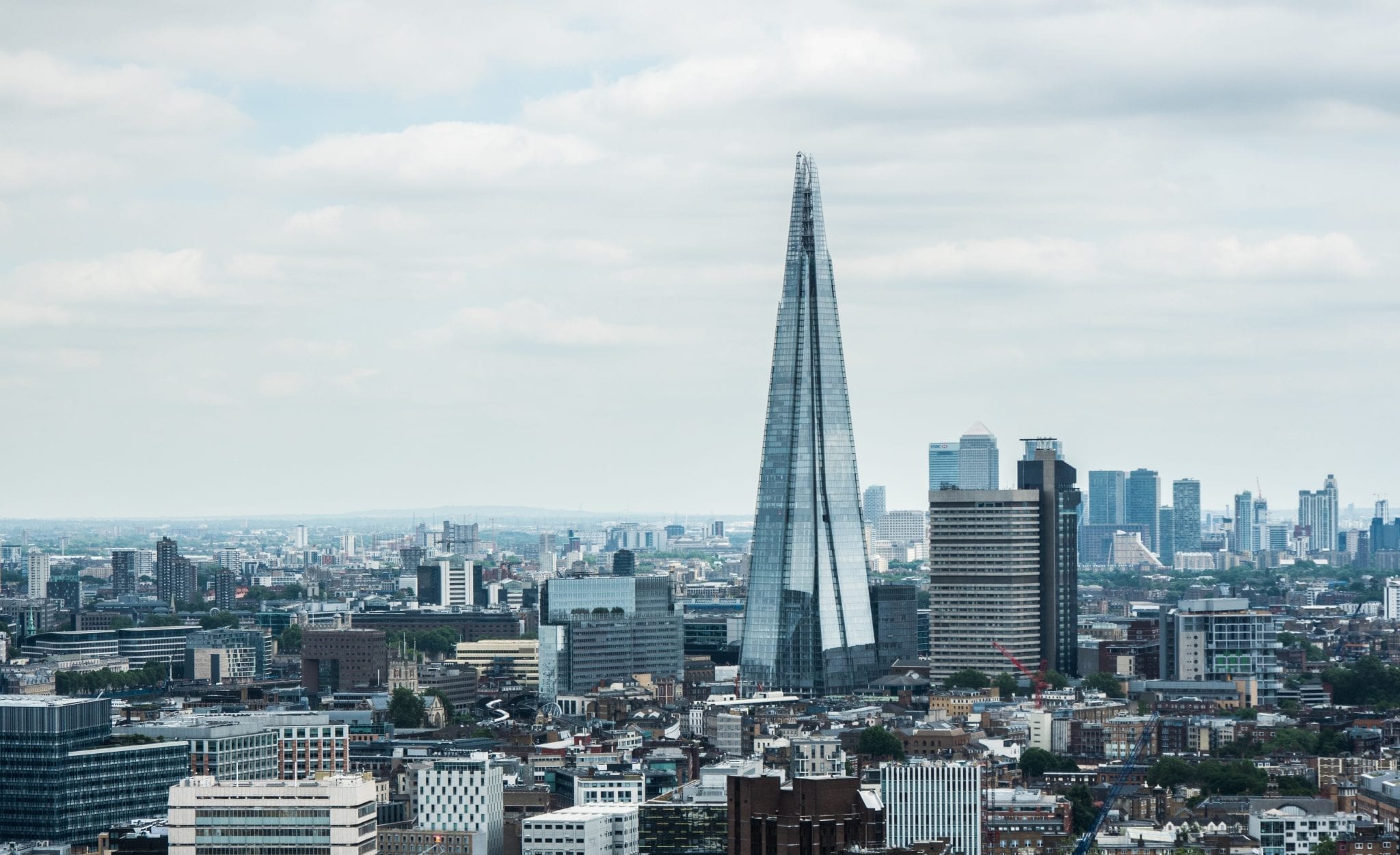These rights protect individuals from oppression and discrimination. They uphold justice and nurture a thriving, equitable society.
Understanding your core legal rights as a UK citizen is crucial for navigating and ensuring justice in society. These rights, including freedom of expression, privacy, and equality, are vital for democracy and personal security. While some rights, like voting, are straightforward, others, such as fair trials and legal representation, are more intricate. Reflect on how these rights influence both personal lives and the broader societal fabric.
Right to Free Speech
While the UK law strongly upholds the principle of free speech, this right is not unrestricted. Article 10 of the Human Rights Act 1998, which aligns with the European Convention on Human Rights, formally protects freedom of expression. However, it must be exercised with consideration for the rights of others and the necessity of safeguarding public welfare.
Consequently, the UK legal framework imposes restrictions to prevent harm, maintain public order, and uphold national security. Legislation such as the Public Order Act 1986 and the Communications Act 2003 delineates boundaries to ensure speech does not incite violence, hatred, or discrimination.
Defamation laws also safeguard individuals’ reputations against false and damaging statements. Furthermore, the Terrorism Act 2006 criminalises the glorification of terrorism, reflecting the state’s commitment to counter extremism.
Right to Privacy
Privacy rights in the UK are rooted in both statutory and common law, reflecting society’s recognition of an individual’s need for personal space and confidentiality. The Human Rights Act 1998 helps a lot with embedding the European Convention on Human Rights into domestic legislation. Notably, Article 8 secures the right to privacy and family life, safeguarding individuals from unjustified interference by both the state and other parties.
The Data Protection Act 2018 strengthens privacy measures under GDPR, granting individuals more control over their personal data and its use. Organisations must follow clear guidelines on transparency and safeguarding data, facing significant consequences for failing to comply.
Right to Legal Representation
The right to a lawyer is a basic part of the UK justice system, which ensures that everyone can get a fair trial. This right guarantees that individuals facing legal proceedings can seek the assistance of a solicitor or barrister, who will effectively present their case and safeguard their legal rights throughout the process.
The principle is enshrined in laws like the Human Rights Act 1998, aligning UK legislation with the European Convention on Human Rights. Access to legal representation is crucial in criminal cases, aiding individuals in understanding charges and outcomes. To promote fairness, the UK offers legal aid for those with low incomes.
The availability of legal aid is subject to specific criteria, including the nature of the case and the applicant’s financial status. Attorneys are critical in guiding clients through legal issues, advocating for them in court, and facilitating agreements. As a fundamental pillar of the justice system, access to legal counsel ensures fairness and upholds the principle of equality under the law.
Right to Fair Trial
How does the principle of a fair trial ensure justice within the UK legal system? The right to a fair trial is a cornerstone of the UK’s legal framework, safeguarding individuals against arbitrary and unjust treatment by the state.
Article 6 of the European Convention on Human Rights, it mandates that legal proceedings be conducted publicly, impartially, and within a reasonable time frame. This principle ensures that every accused individual has the opportunity to present their case, contest evidence, and obtain an equitable verdict from an unbiased tribunal.
A fair trial encompasses several key components, including the presumption of innocence, the right to be informed promptly of charges, and access to legal representation. These elements collectively work to balance the scales of justice, preventing miscarriages of justice and maintaining public confidence in the legal system.

Preventing power abuses requires transparency and legal actor accountability. Furthermore, the right to a fair trial extends to both criminal and civil cases, ensuring comprehensive protection for defendants. By upholding these standards, the UK legal system reinforces its commitment to justice, equality, and the rule of law.
Right to Vote
Voting is a fundamental democratic right that empowers UK citizens to influence the governance of their country. Enshrined in the principles of democracy, the right to vote allows individuals to participate in shaping the policies and leadership that affect their lives and communities.
In the United Kingdom, this right is safeguarded by several legal frameworks, ensuring that all eligible citizens have the opportunity to cast their vote in a fair and transparent manner.
Eligibility to vote in the UK typically includes being at least 18 years old, a British citizen or a qualifying Commonwealth citizen, and registered on the electoral roll. The registration process is simple and accessible, enabling citizens to have their voices heard in elections.
The right to vote also encompasses the principle of secrecy, guaranteeing that individuals can cast their votes confidentially, free from coercion or undue influence. This privacy is necessary to keep the election process honest and make sure that people can say what they think about politics without worrying about getting in trouble.
Right to Equal Treatment
Ensuring fairness and justice, the right to equal treatment is a fundamental legal principle in the United Kingdom, underpinning the country’s commitment to non-discrimination. The Equality Act 2010 protects individuals from discrimination based on characteristics like age, disability, gender reassignment, marriage, civil partnership, pregnancy, maternity, race, religion, sex, and sexual orientation.
The law covers employment, education, goods and services, and housing, creating an inclusive society. The Equality Act ensures fair treatment by prohibiting harassment, victimisation, and indirect discrimination and urges employers, public authorities, and service providers to promote equality and eliminate bias.
Furthermore, the Act provides mechanisms for individuals to seek redress in cases of discrimination, offering legal recourse through tribunals and courts.
The right to equal treatment is vital for maintaining social cohesion and fairness, reflecting the UK’s dedication to upholding human rights standards. It empowers citizens, promoting a society where opportunities are accessible to all, irrespective of personal characteristics, and ensuring that everyone has the chance to thrive.
Right to Access Information
A critical aspect of democratic governance is the right to access information, which empowers UK citizens by ensuring transparency and accountability in public affairs. Under the Freedom of Information Act 2000, individuals can request information from public authorities, including government departments, local councils, and the NHS, thereby promoting an open government. This statutory right allows citizens to scrutinise public sector actions, fostering a culture of openness.
UK citizens can exercise their right to access information by sending a formal written request to the appropriate public authority, specifying the details of the information they need.
These exemptions may relate to issues such as national security, safeguarding personal data, or protecting commercial interests. Notably, this right is subject to limitations. The Information Commissioner’s Office (ICO) oversees the process, ensuring rules are followed and resolving disputes.
Right to Peaceful Protest
The right to peaceful protest is a fundamental democratic freedom that allows UK citizens to express their views and influence public policy. Enshrined in both domestic law and international human rights frameworks, this right is essential for the functioning of a healthy democracy. It empowers citizens to collectively voice concerns, advocate for change, and hold power accountable, all within the boundaries of nonviolence and respect for public order.
The Human Rights Act 1998 safeguards peaceful protest rights under Article 11 of the European Convention on Human Rights, protecting freedom of assembly and association. However, this right can be limited to maintaining public safety, preventing crime, or protecting others’ rights, provided the measures are necessary and proportionate in a democratic society.
If you believe your rights have been unfairly restricted, seeking advice from civil litigation lawyers can help you understand your legal options and protect your fundamental freedoms.
To Sum Up
Legal rights in the UK empower citizens with freedom, privacy, and democratic participation. These rights protect individuals from oppression and discrimination. They uphold justice and nurture a thriving, equitable society.


Join the conversation!